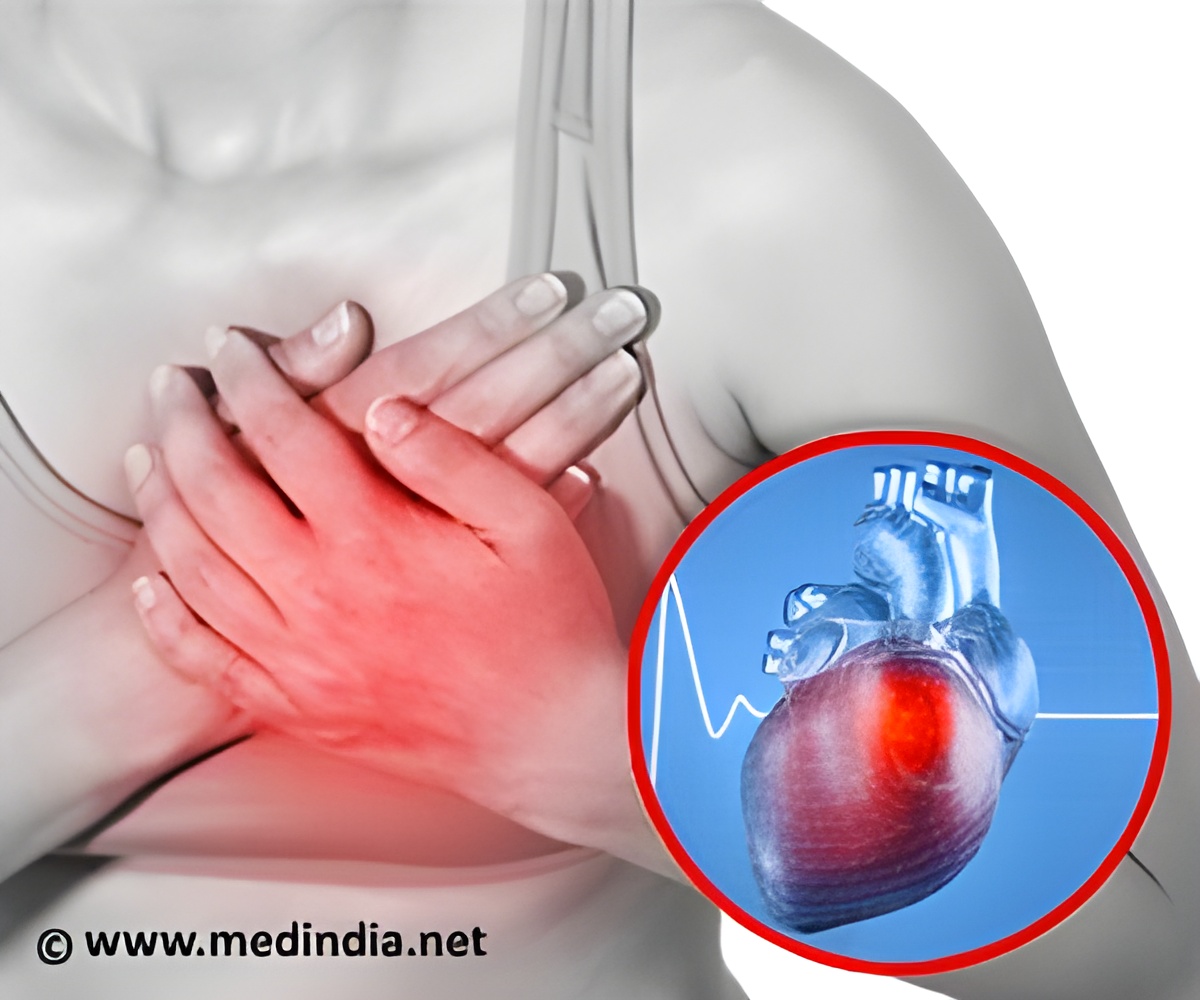
‘In the aftermath of an acute heart attack, the clusters of immune cells which surround the heart are responsible for initiating and coordinating the ensuing immune response.’
Tweet it Now
Lymphocyte clusters play an important role in orchestrating adaptive immune responses and monitoring inflammation processes. These clusters were first discovered at several sites in the adipose tissues of mice in 2015.They are thought to act as infection or damage sensors, which can rapidly stimulate an immune response. The pericardial adipose tissue, which is situated adjacent to the heart muscle, is particularly rich in such lymphoid clusters.
As Steffens explains: "In the aftermath of an acute heart attack, these clusters are responsible for initiating and coordinating the ensuing immune response." Lymphocytes are activated and signaling molecules called cytokines are secreted, which recruit neutrophils (another type of immune cells) to the damaged area of the heart muscle. The neutrophils in turn induce an inflammation reaction that results in the degradation of the damaged tissues by phagocytes, and they subsequently help resolve the primary inflammation reaction and promote tissue repair.
In the new study, Steffens and her team have now elucidated how the lymphocyte clusters in the pericardial adipose tissue regulate the post-infarction immune response in a mouse model.
The work also suggests that this process has a critical impact on the healing of the heart tissue. In addition, the team analyzed data from patients with and without coronary artery disease, which revealed that the former group had significantly higher numbers of lymphocytes in the pericardial adipose tissue than patients whose hearts were healthy. The results might also be relevant to the treatment of patients who have suffered acute heart attacks, as modulation of the pericardial immune response could have a positive impact on tissue repair.
Advertisement
Source-Eurekalert














